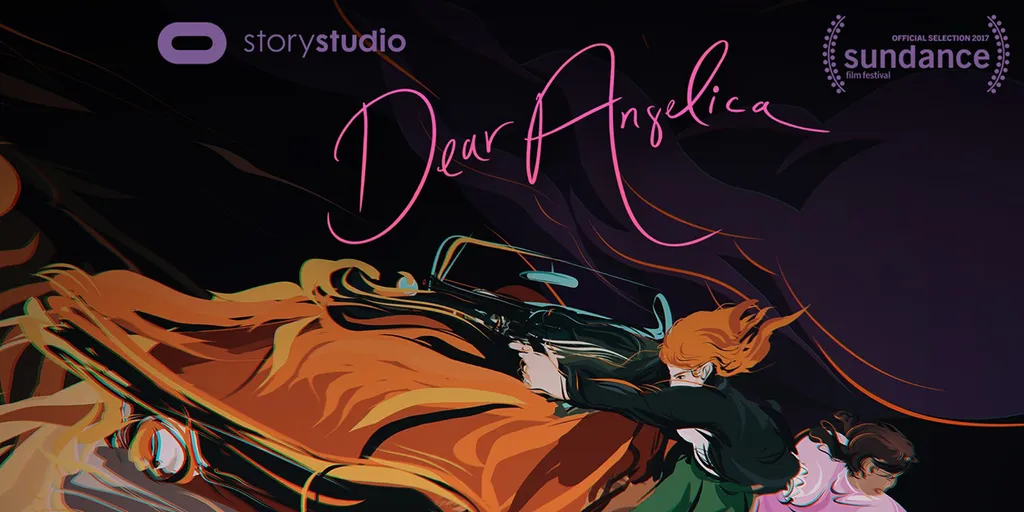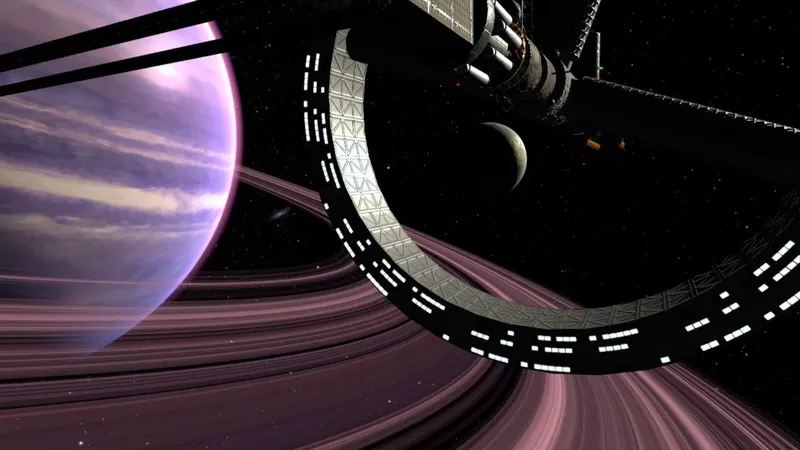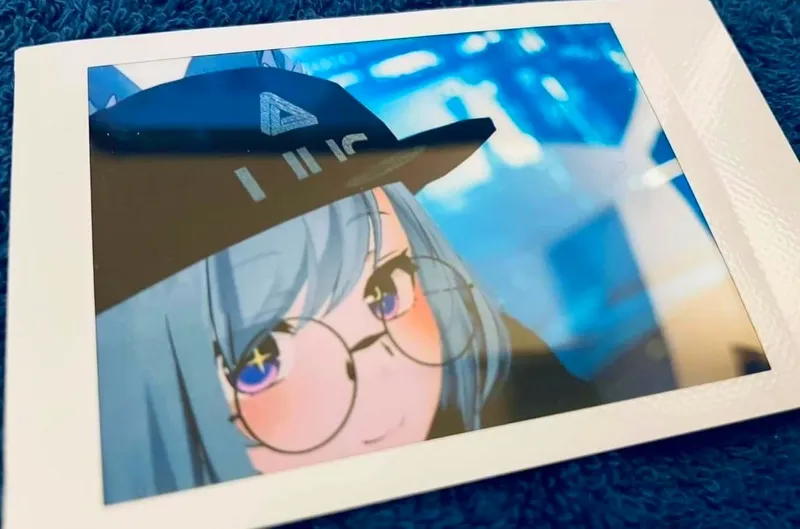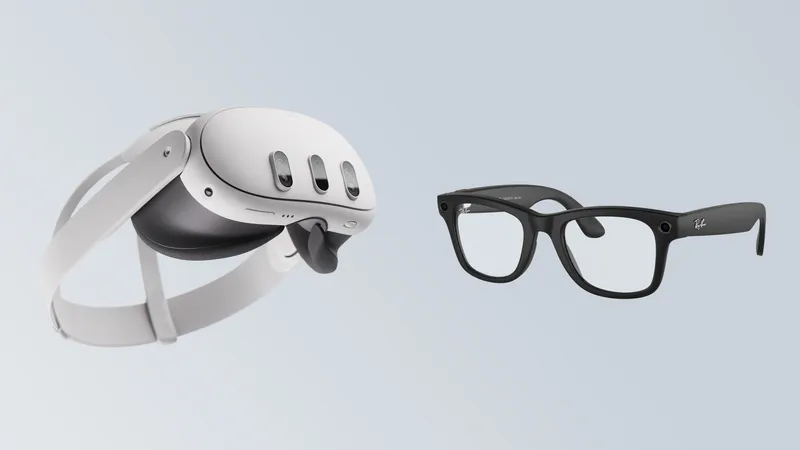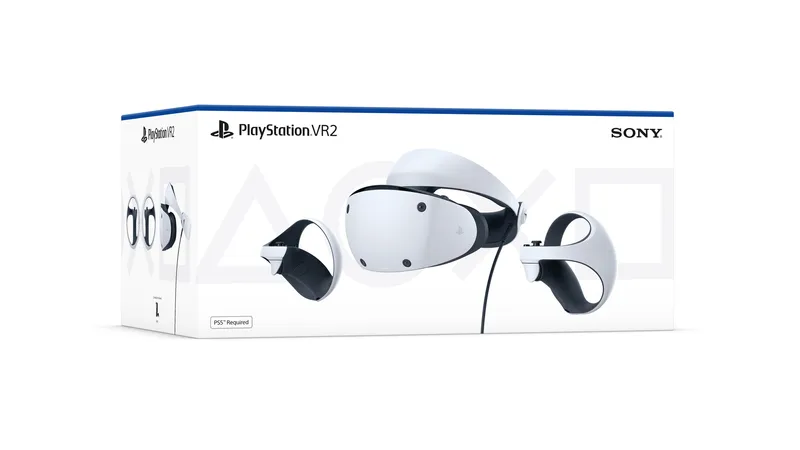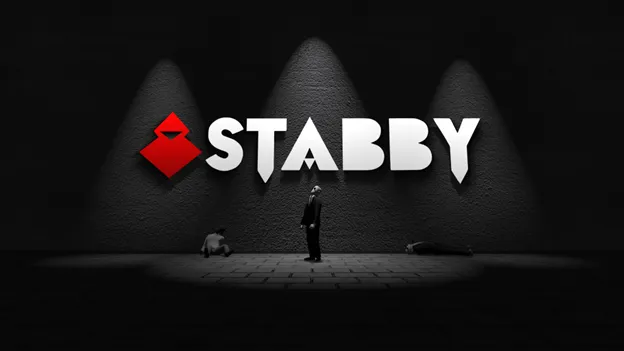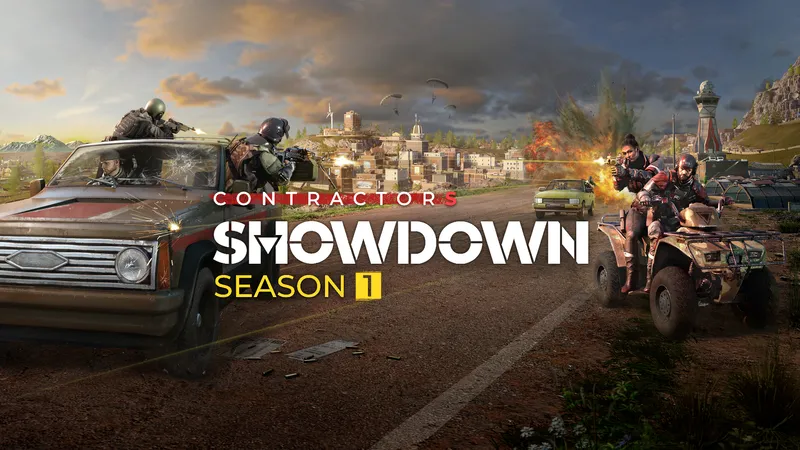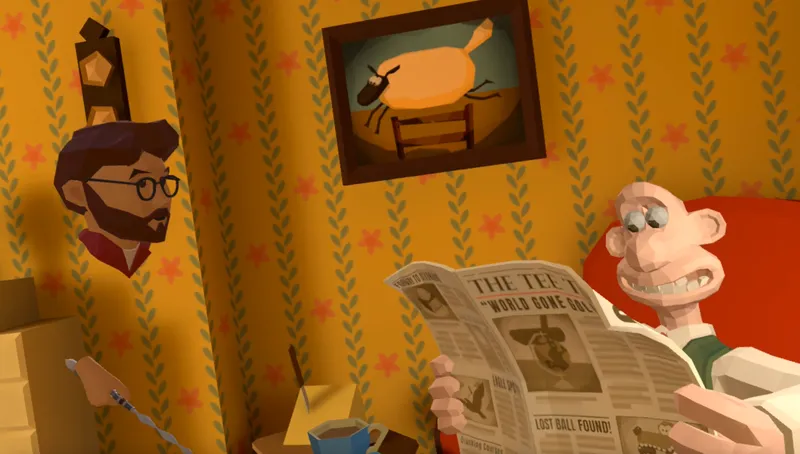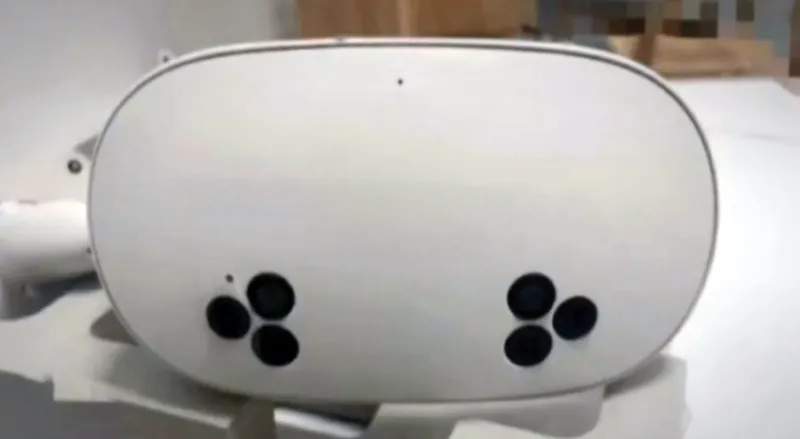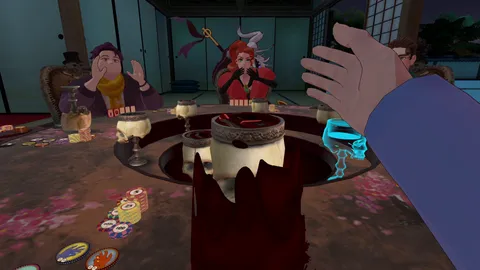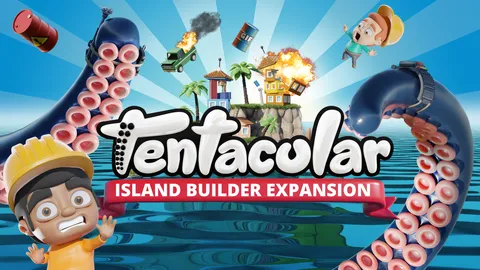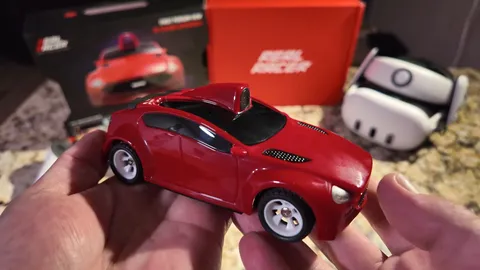Short VR film ‘Dear Angelica’ is now available on Oculus Go.
Dear Angelica was created by Oculus Story Studio, a former department of Oculus which produced short non-interactive VR films. The studio was shuttered in May 2017, with Oculus focusing on funding development outside the company.
The short tells the story of the relationship between a daughter and her late mother, told through the girl narrating a letter she is writing to her. As her mother was a famous actress, often distant from the family, the girl seems to know the characters her mother played as much as the woman herself. The virtual paint strokes unfold around you in real time alongside the narration.
When we reviewed it on Rift, we were brought to tears:
Dear Angelica is beautiful and brutal, heart-warming and gut-wrenching. Experiences like Dear Angelica show the power of the medium to be a conduit for emotion and empathy, and perfectly exemplify why VR is the most immersive, transformative, transportive, and powerful storytelling medium to date. This is a must-see experience, and one you should share to display the piquancy of VR storytelling.
[gfycat data_id=”InexperiencedCircularBoto”]
Whereas on Rift the strokes are rendered in realtime, the computing power limitations of Go mean that this is a 360° video capture. But the quality is outstanding because it uses John Carmack’s own 5K 3D 60FPS video player code. This was first used to bring Henry, a previous story studio production, to Go.
Carmack made custom tweaks to his player code for Dear Angelica. This kind of attention to detail really shows when viewing in the headset.
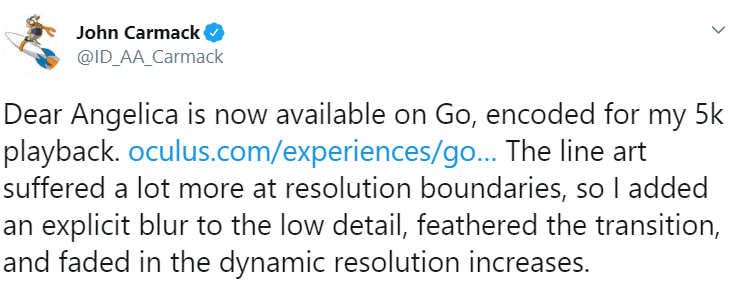
One important note is this short was actually made in VR. Facebook’s Quill was originally developed as a tool to create this piece. Much like PIXAR’s RenderMan has been used for many other films, this 3D tool has now been used in many other VR shorts, such as ‘Beyond the Fence’.
In 2017 Dear Angelica was nominated for an Emmy for ‘Outstanding Original Interactive Program’. Henry, a previous Story Studio production, actually won the Emmy in this category back in 2016.
The re-release of Story Studio’s shorts on Go reminds us how powerful they can be. The former team and their creations taught us a lot about VR storytelling.

